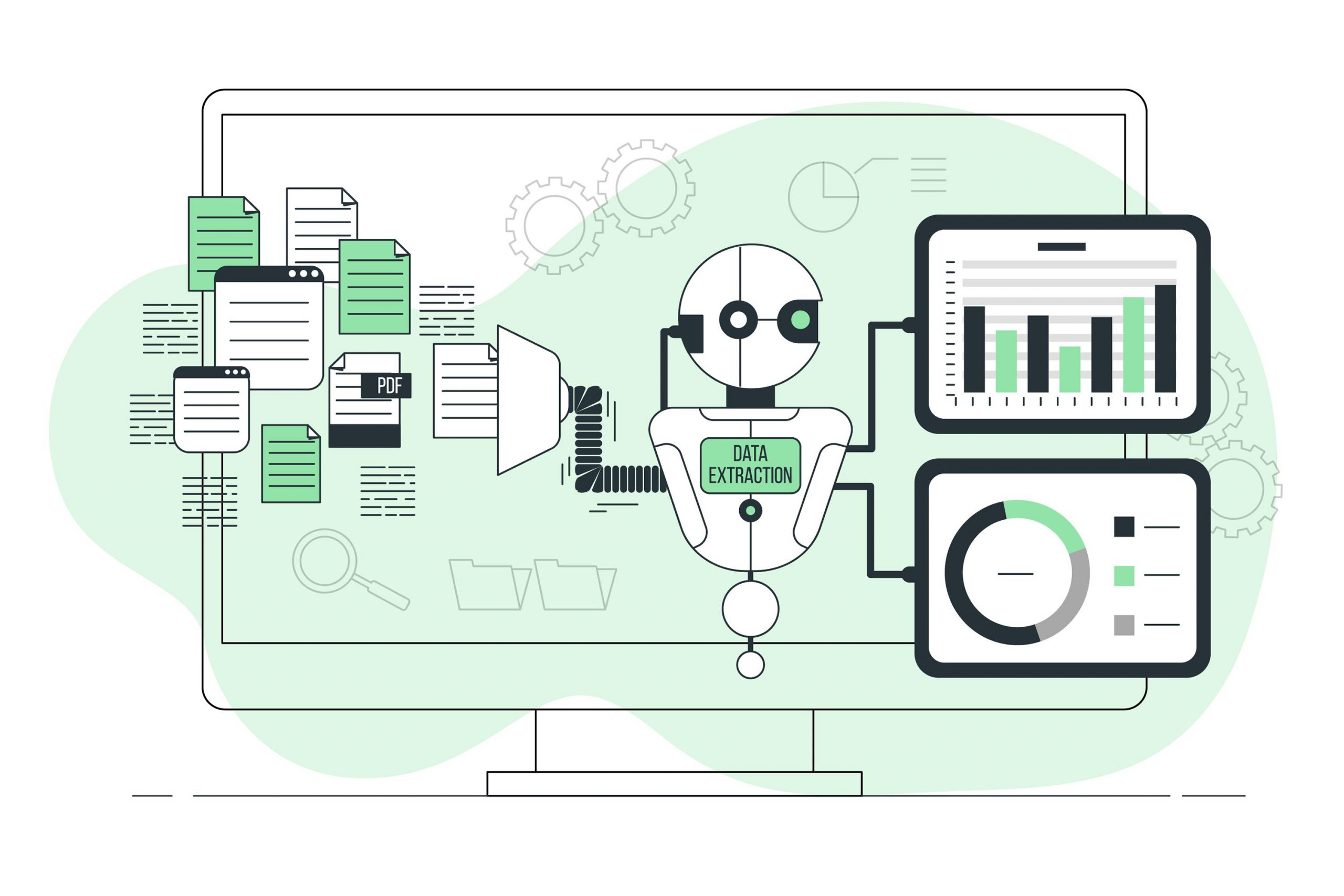In today’s data-driven world, businesses of all sizes and across all industries recognize the immense value of data in driving growth and innovation. But data alone isn’t enough; it must be integrated seamlessly across various systems and platforms to deliver meaningful insights and support decision-making. In this blog post, we explore the significance of seamless data integration for business growth and how STREAMS Solutions facilitates efficient data integration across various business systems.
Understanding Data Integration
Data integration is the process of combining data from different sources into a unified view, making it easier for businesses to access, analyze, and use the data to make informed decisions. This process involves data collection, transformation, and loading into a single repository or system for analysis. It’s more than a field mapping exercise, most consultants focus on this only 🙂
Seamless data integration is crucial because it ensures that data from disparate sources can be accurately and efficiently combined, providing a holistic view of business operations. Without data integration, businesses may struggle with data silos, inconsistencies, and inaccuracies, which can hinder growth and decision-making.
The Importance of Data Integration for Business Growth
- Improved Decision-Making: Integrated data provides a comprehensive view of business operations, enabling decision-makers to access real-time insights and make informed choices. With all data consolidated in one place, businesses can identify trends, opportunities, and challenges more quickly.
- Increased Operational Efficiency: When data is integrated seamlessly, it eliminates data silos and streamlines processes across departments. This leads to better collaboration, reduced duplication of efforts, and increased productivity.
- Enhanced Customer Experience: Data integration allows businesses to create a unified view of their customers, providing personalized experiences and improving customer satisfaction. For example, integrated data can help businesses track customer interactions across different channels, enabling them to anticipate customer needs and tailor offerings accordingly.
- Scalability and Flexibility: As businesses grow, so does the volume of data they generate. Seamless data integration enables businesses to scale their operations without being hindered by data management challenges. It also allows businesses to adapt quickly to changing market conditions and customer demands.
- Better Risk Management: Integrated data provides a more accurate picture of a business’s financial health and operational risks. This enables businesses to identify potential risks and take proactive measures to mitigate them.
Real-World Examples of Data Integration for Business Growth
To illustrate the impact of seamless data integration on business growth, let’s explore a few real-world scenarios:
1. Retail Industry
In the retail industry, businesses collect data from various sources, such as online sales, in-store transactions, and customer interactions. By integrating this data, retailers can gain insights into customer preferences and buying patterns. For instance, a retailer might notice that certain products are frequently purchased together and use this information to create targeted promotions or bundled offers, increasing sales and customer satisfaction.
2. Healthcare Industry
Healthcare providers deal with vast amounts of data from electronic health records (EHRs), medical imaging, and other sources. Integrating this data can lead to more accurate diagnoses, personalized treatment plans, and improved patient outcomes. For example, a hospital that integrates patient data from different departments can provide more comprehensive care, reducing the risk of medical errors and enhancing patient safety.
3. Financial Services Industry
Financial institutions handle data from various sources, including customer accounts, transactions, and market trends. By integrating this data, financial services companies can offer personalized financial advice and products to their clients. For instance, a bank that integrates customer transaction data with market trends can recommend investment opportunities tailored to each client’s financial goals.
How STREAMS Solutions Facilitates Efficient Data Integration
STREAMS Solutions understands the critical role of data integration in business growth and offers comprehensive solutions to facilitate efficient data integration across various business systems. Here’s how STREAMS Solutions can help your business:
- Data Management and Governance: STREAMS Solutions provides robust data management and governance tools to ensure data quality, accuracy, and consistency across your organization. This helps eliminate data silos and ensures that data is reliable and trustworthy.
- Data Transformation and Cleansing: Data from different sources often come in varying formats and structures. STREAMS Solutions offers data transformation and cleansing tools to standardize and clean data, making it ready for integration and analysis.
- Real-Time Data Integration: In today’s fast-paced business environment, real-time data integration is essential. STREAMS Solutions enables businesses to integrate data in real-time, ensuring that decision-makers have access to the most up-to-date information when they need it.
- Interoperability and Scalability: STREAMS Solutions’ data integration tools are designed to work seamlessly with various business systems and platforms, ensuring interoperability across your organization’s technology stack. Additionally, these tools are scalable, allowing your business to handle growing volumes of data as you expand.
- Advanced Analytics and Insights: STREAMS Solutions offers advanced analytics capabilities that leverage integrated data to provide actionable insights. These insights can drive strategic decisions and help your business stay ahead of the competition.
- Compliance and Security: Data integration comes with challenges related to data privacy and security. STREAMS Solutions ensures that your data integration processes comply with industry standards and regulations, keeping your data secure and your business compliant.
Conclusion
In conclusion, seamless data integration is a cornerstone of business growth, providing a unified view of operations, enhancing decision-making, and improving customer experiences. STREAMS Solutions is committed to helping businesses harness the power of integrated data to drive innovation and achieve their growth objectives. With STREAMS Solutions’ comprehensive data integration solutions, your business can navigate the complexities of data management, unlock valuable insights, and propel your business forward.





